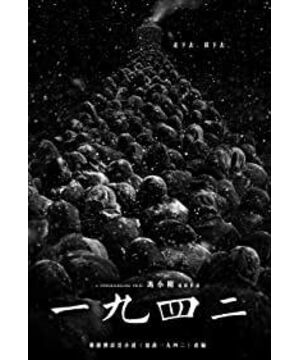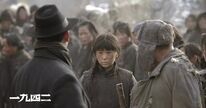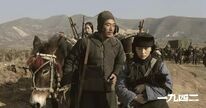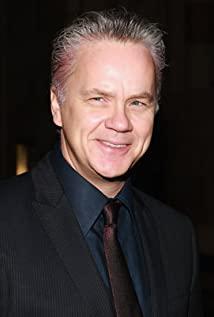When I was a child, my family was not rich, so I had to count how many pieces of meat I would eat for a meal. I couldn’t finish the whole meal after cooking chicken thighs. When I was thirsty at night, I would secretly throw them into the refrigerator and nibble on the cold chicken thighs. Although never starving, there is roughly a vague outline of eating-related poverty.
Looking back now, whether it was my father or me, I was emotionally indifferent about that past, and I didn’t even want to mention it. About starvation, my father and I had only a few words, but never to my brother.
Therefore, it is completely understandable that 1942 was more emotionally restrained than the Tangshan earthquake. Compared with the death caused by the sudden earthquake, the process of "starvation" itself is much slower. Crying takes strength, anger takes strength, mourning takes strength, and hunger takes strength. Our sense of many disasters is scattered and powerless, such as tsunamis, such as volcanoes, earthquakes. But when it comes to hunger, people's goals are much clearer, and they can be overcome as long as they have something to eat. So perhaps it is because the goal is so clear and simple that it is so easy for us to break through some of the social norms and principles of human nature that we think are basic during the famine process. There was no struggle and struggle, even Zhang Guoli's first reaction when he saw that his daughter was selected by the brothel was joy and then shame.
Feng Xiaogang is a smart director, which is reflected in his previous urban emotional comedy films that always have some amazing ideas. He is also a delicate observer of life, and in his films he is always Can find some comedy that resonates with the audience. I have always believed that such people lack a global thinking and layout when grasping the major themes, background, and events, and will fall into endless details, failing to grasp the context and soul. In general, he cannot comprehend anything beyond suffering and sin, and he lacks depth.
The same is true of 1942. We saw that history, but we don’t know what the director thought about that history, and what concept and meaning we should get from the director. Maybe we should think about the meaning by ourselves. But this film is not sophisticated and deep enough to become a labyrinth of ideas. Along with the victims of starvation, this movie decayed and rotted in silent struggle, and was silent on the side of the road. So instead, I hoped that the director would simply make the film a little more emotional, at least in those two hours or so, the audience would get deeper emotional stimulation.
From a technical point of view, I always feel that the camera has not been found right. The performance level of the young foreigner actor is quite diverse, but the blunt camera sense always makes me feel that such good acting skills are wasted, or something like that The expression is a bit out of place under this lens, slightly exaggerated. He and Zhang Daoming did not feel any sparks in a rivalry scene. In fact, the camera has always technically stayed at the level of the TV series. Maybe this was not Feng Xiaogang's strength.
View more about Back to 1942 reviews











